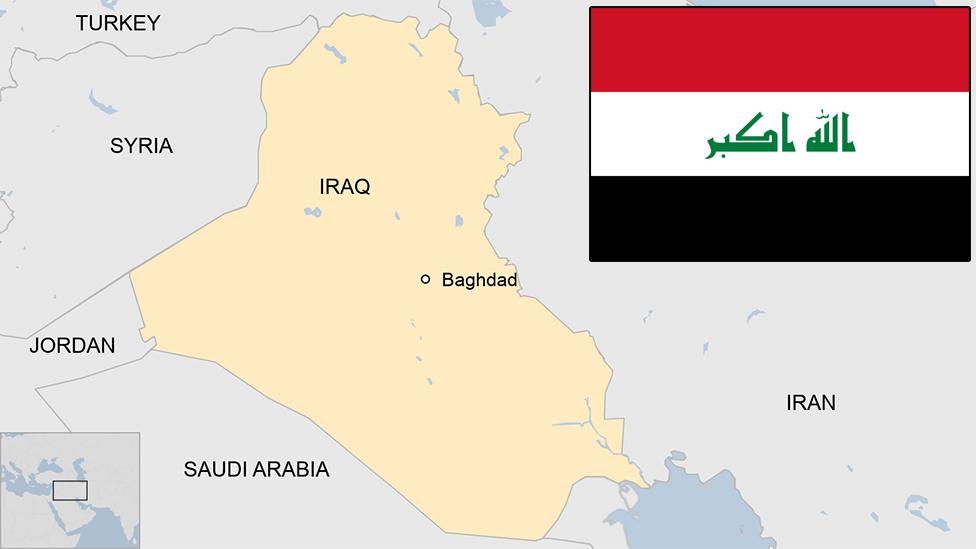The Turkish orphans stranded after IS struggle in Iraq
- Published
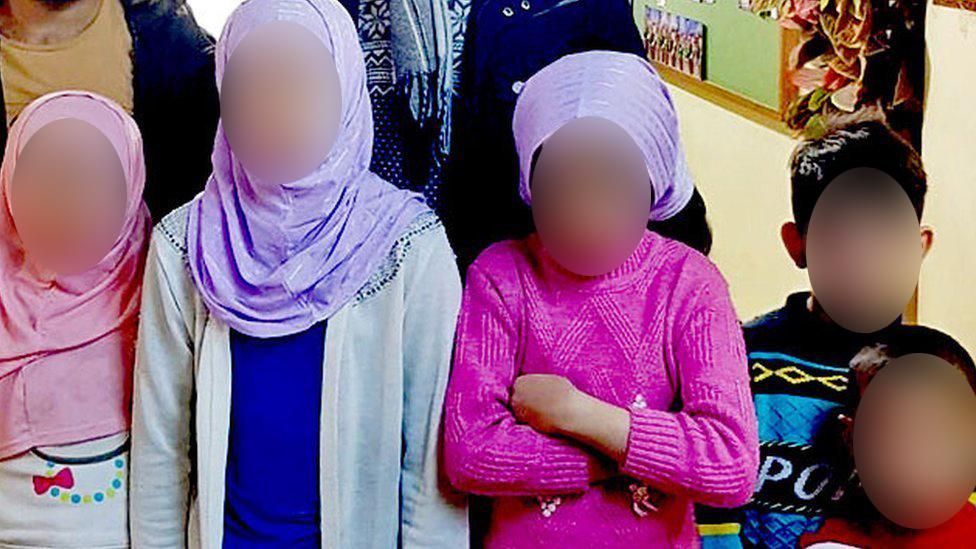
Ummugulsum's nieces and other children at the orphanage in Baghdad
When Turkish fighters joined the Islamic State group in Iraq and Syria, many brought their families with them. With the militants driven out of Iraqi cities, authorities are now struggling to determine what to do with the hundreds of wives and orphans they left behind, writes the BBC's Selin Girit.
"All I know is that they're in an orphanage in Baghdad," says Ummugulsum, speaking of her two nieces.
Every time she shows a picture, taken at a time when they used to pose happily, she caresses it like a sacred artefact.
The girls, aged 12 and nine, are now orphans.
Their parents left Turkey to join the ranks of the Islamic State group in Syria. So did their grandfather, grandmother and uncle.
Their father was killed in Raqqa. Their mother lost her life in a bombing that they both survived in the Iraqi city of Tal Afar. Only their grandmother remains alive, but there is very little she can do as she is in a prison in Iraq.
Having nowhere to go, or no immediate family member to take care of them, the girls were taken to an orphanage in Baghdad, where they now wait to be sent home.
Their aunt learned of their whereabouts only months later.
"When I go to the market and I see dresses for girls, I feel pain," Ummugulsum says.
"I still keep the clothes they left behind when they went to Syria. I keep their pictures. But I can't look at them. I just take a glance when I miss them terribly. Then I put them aside and I cry."
In their orphanage in Baghdad, 15 other Turkish children wait to be sent back to their families in Turkey - the process for their extradition has already started, a foreign ministry official told the BBC.
But their relatives are running out of patience.
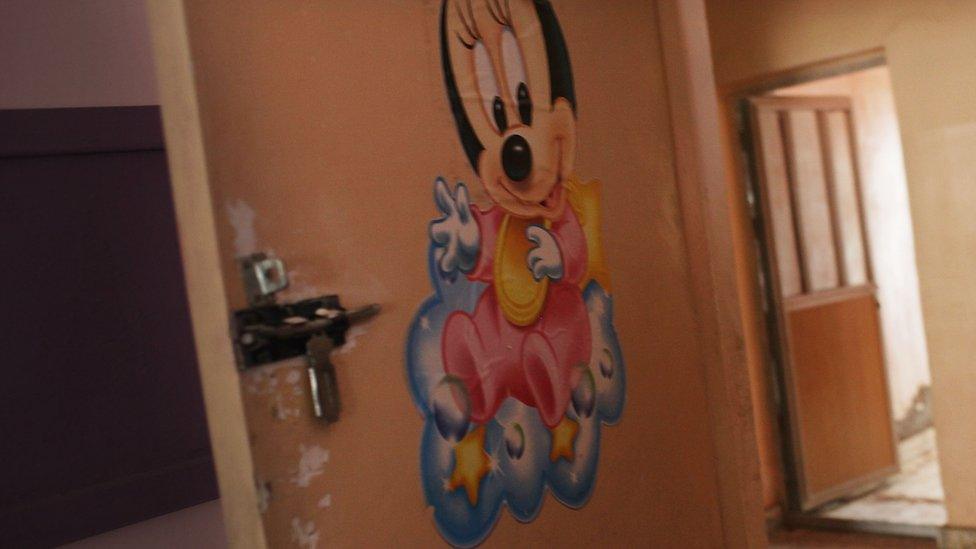
Many Turkish children are in an orphanage in Baghdad waiting to be sent back home (file photo)
In December, a seven-year-old Turkish boy who had been taken to Iraq by his father, an IS militant, was brought back to Turkey after extensive efforts by the government and the intelligence agency.
The authorities determined that his father had been killed while fighting for IS in Iraq, and after four months of diplomatic negotiations, the child was able to meet his mother for the first time in three years.
"We're very happy that [he] could be reunited with his mother. But we want to meet our girls too," says Ummugulsum.
"He's a child, our girls are children too. Why aren't they brought home? I pray to God for the day we'll meet them again."
'Days full of agony'
When the Iraqi army captured the town of Tal Afar from IS in August 2017, around 1,700 foreign women and children surrendered to the authorities.
They have been identified by local authorities as "the family members of the Islamic State". Most of the women, including German, French and Russian nationals, are accused of aiding IS and now face heavy sentences.
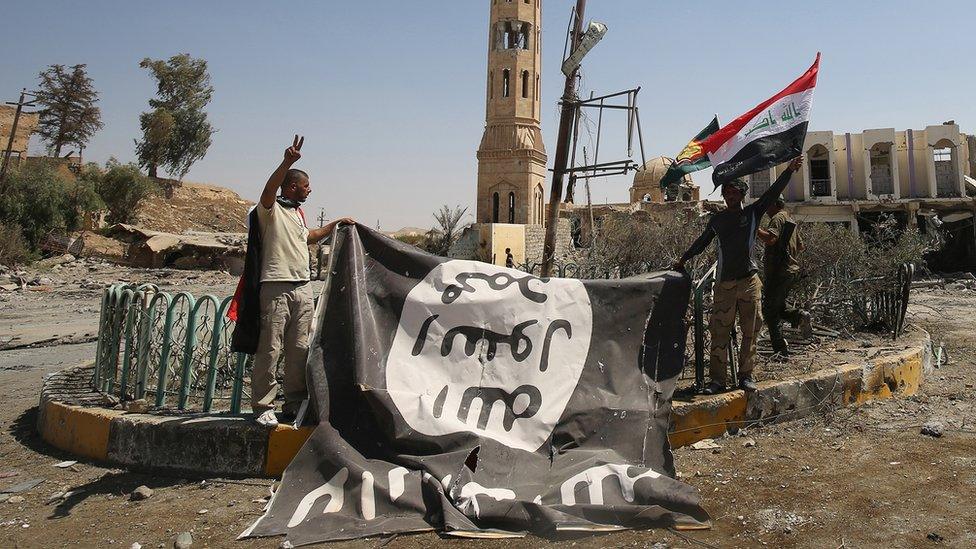
Tal Afar was recaptured from IS last August
Anti-terror laws in Iraq allow people who are accused of aiding a terrorist organisation to be sentenced to death, even if they have not committed an act of terror themselves.
But activists have criticised the trials, with Human Rights Watch saying that in many cases there has been no evidence that the women were involved in violence.
In a prison in Baghdad, it is believed that more than 300 women and 600 children of Turkish nationality are being held.
At least 50 of the women have been sentenced to death, while 18 others received life imprisonment.
Their families are pleading with the Turkish government for extradition too. But, unlike the children, there has been less sympathy with their cases.
Fadime's 32-year-old niece is imprisoned in Baghdad along with her seven-year-old daughter and two-year-old son.
"For us, every day is full of agony. Is my niece alive or is she dead? What about her kids? Are they dead already? Every day we think of this," she says.
Her niece, Fadime says, was forced into going to Syria when her husband threatened to kidnap their children - they had two sons then and she was pregnant with their daughter.
In Syria, the niece later gave birth to a third son - the two-year-old who is with her in jail now.
Her husband was killed in Syria, and their two older sons died in a bombing in Tal Afar a few months later.
'We lose sleep thinking of our kids'
"My [niece] never once held a gun," says Fadime. She says her family had informed the Turkish authorities about her niece's husband's plan to cross into Syria.
"We told the officials he was kidnapping my niece and her children. They were stopped at the Turkish border and sent back. But a week later, they went there again and this time they managed to go into Syria."
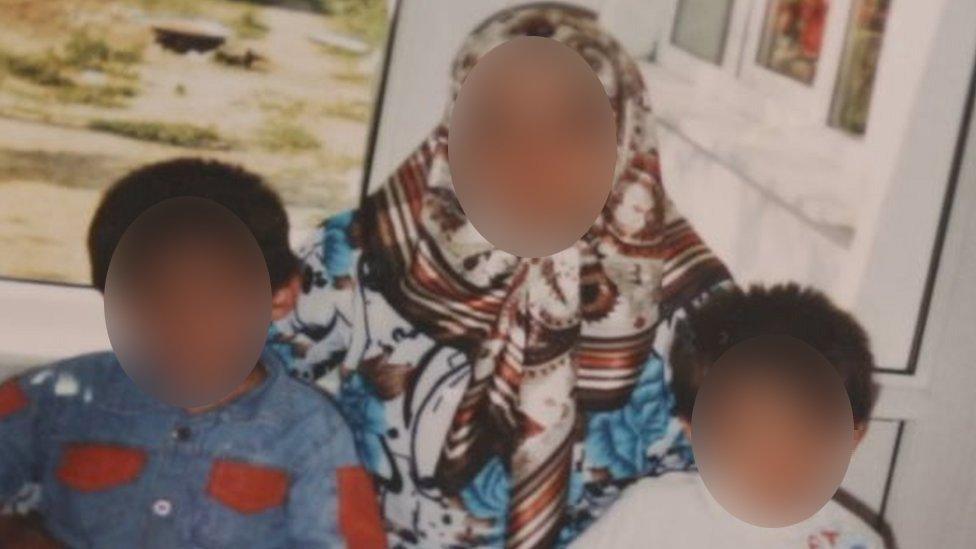
Fadime's niece and her two sons - the boys were killed in a bombing in Tal Afar
Fadime was furious about how easy it was to go to Syria from Turkey.
"It was like going to the market when our children went to Syria. It was that easy then. Now, walls are being built. But why did they let all these people go there in the first place?"
Thousands of foreigners have fought for IS in Iraq and Syria since at least 2014. Many foreign women came or were brought to join the militants.
Earlier this year, a German woman was sentenced to death for being a member of IS, whereas Iraq handed over to Russia four women and 27 children suspected of having ties to the group.
"Men should be tried, yes. But these women were not armed. These kids are innocent," says Fadime.
"What will happen to those children if their mother is hanged in front of their eyes? They have been victimised by their father. We lose sleep thinking of our kids. We're in agony, in pain, in fear."
To protect the children's identities, the family names were not published
- Published28 March 2018
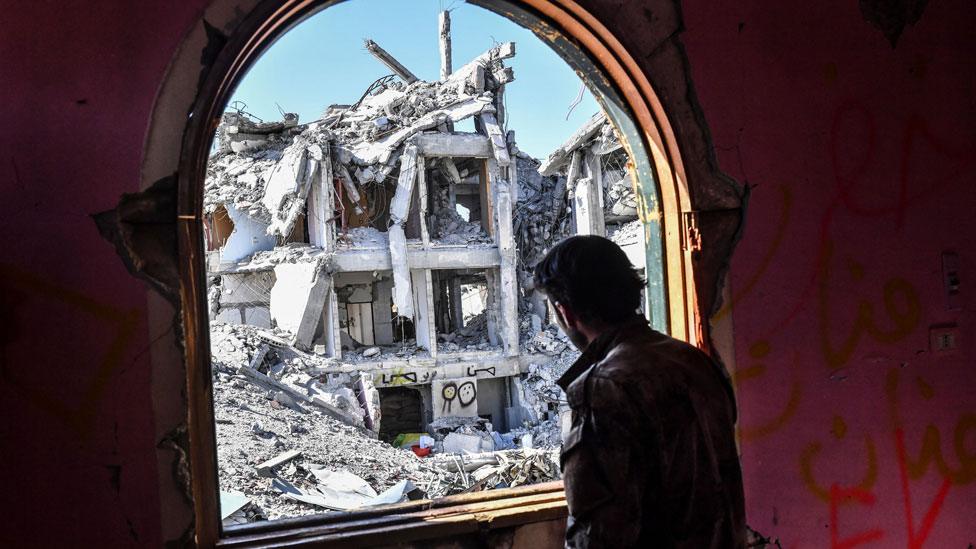
- Published22 March 2018
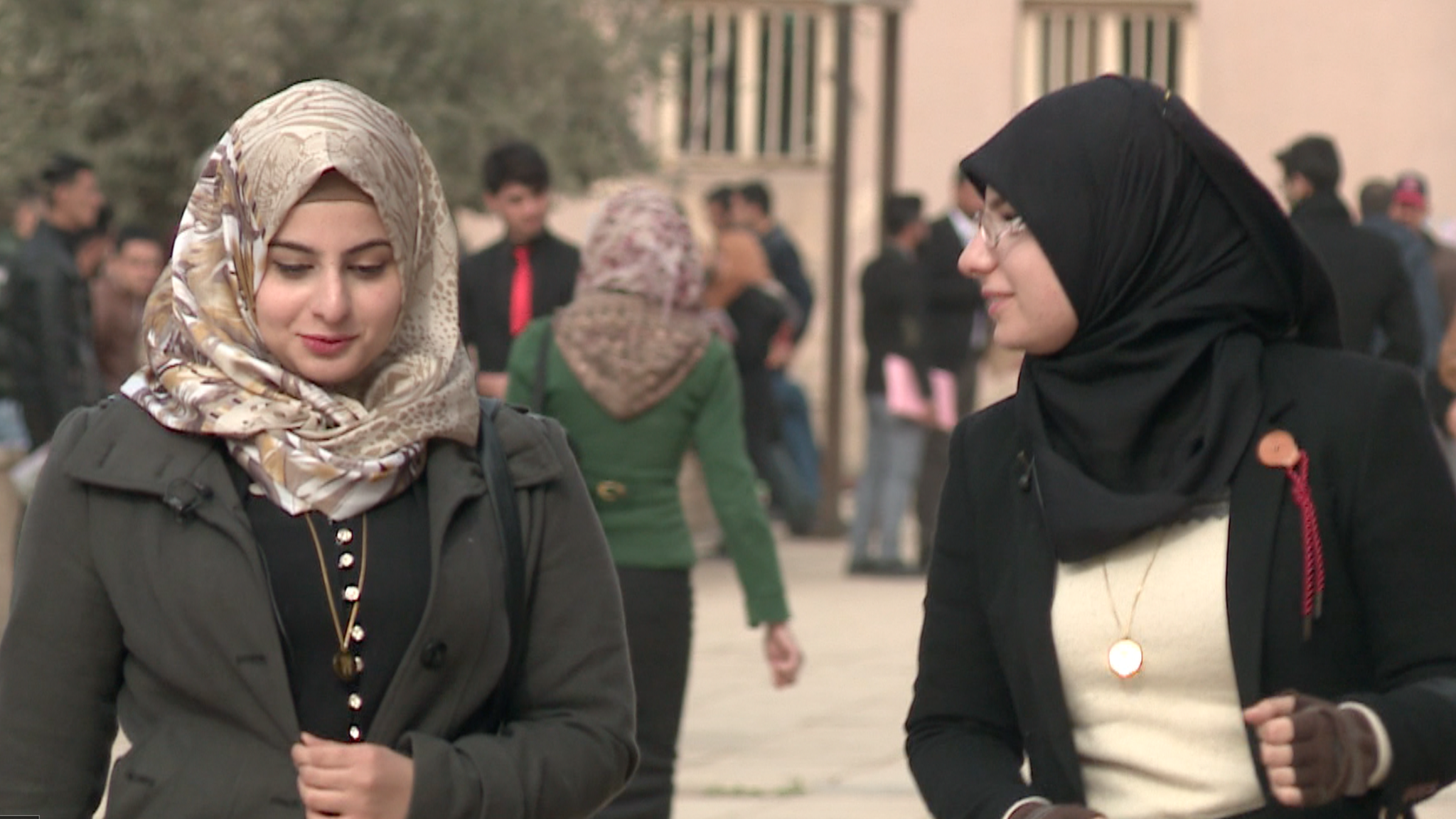
- Published3 March 2018
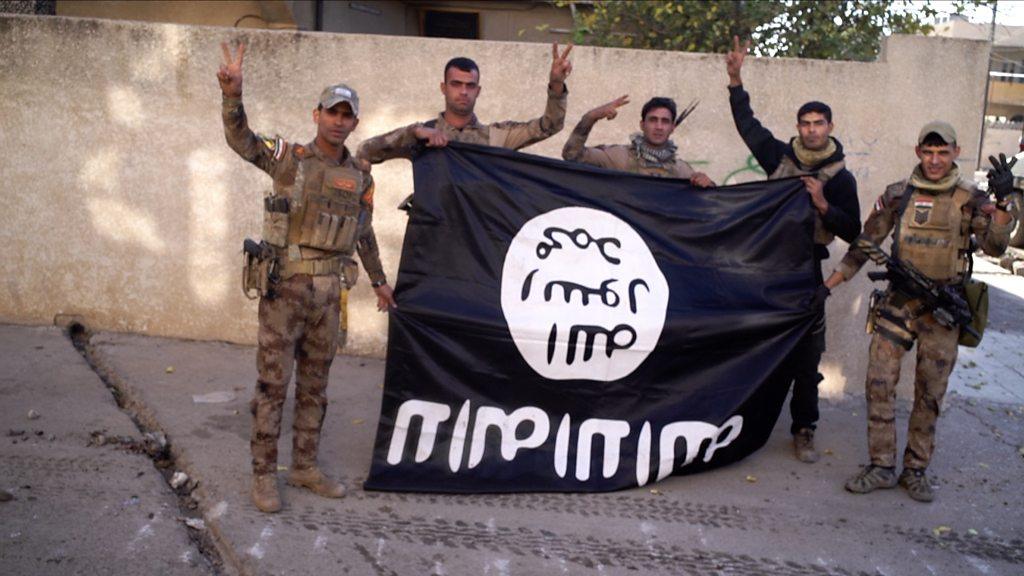
- Published2 November 2017
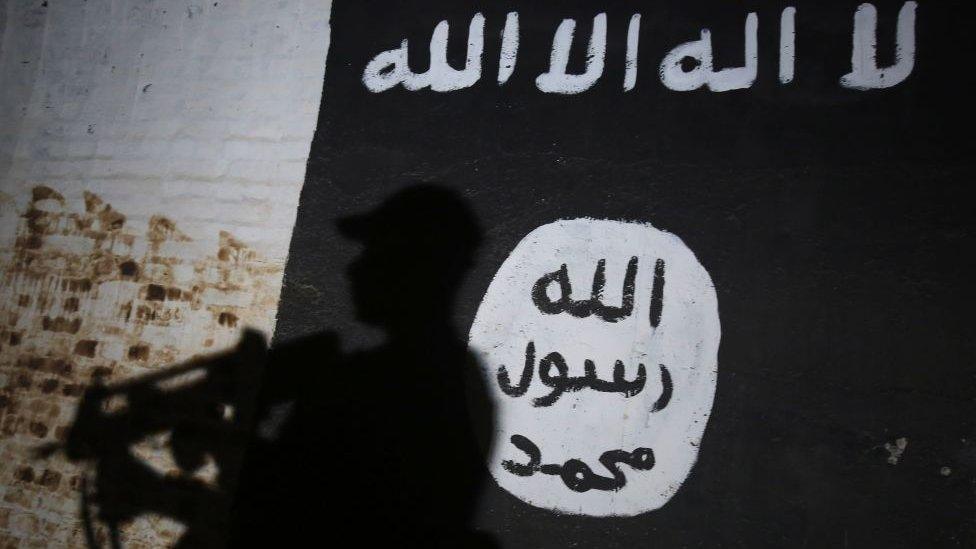
- Published15 July 2017
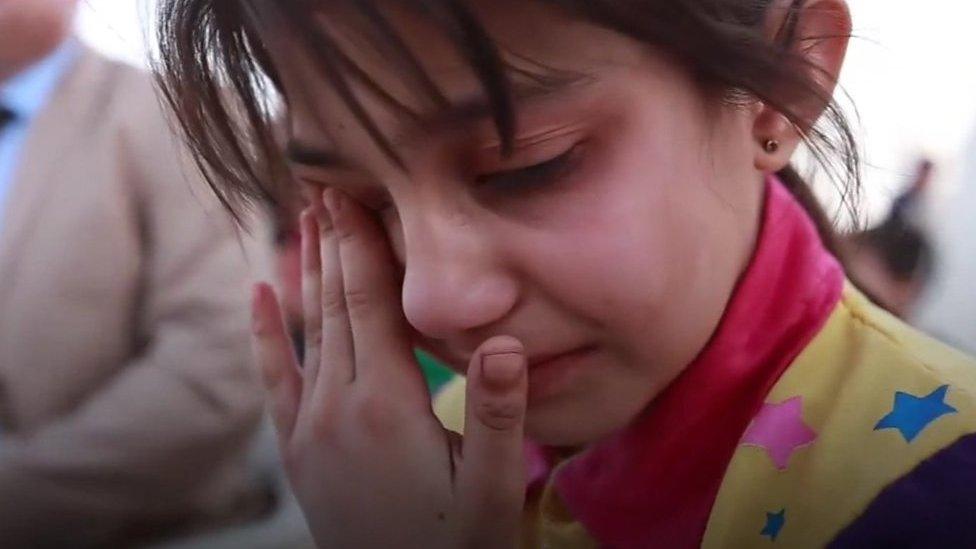
- Published30 June 2017
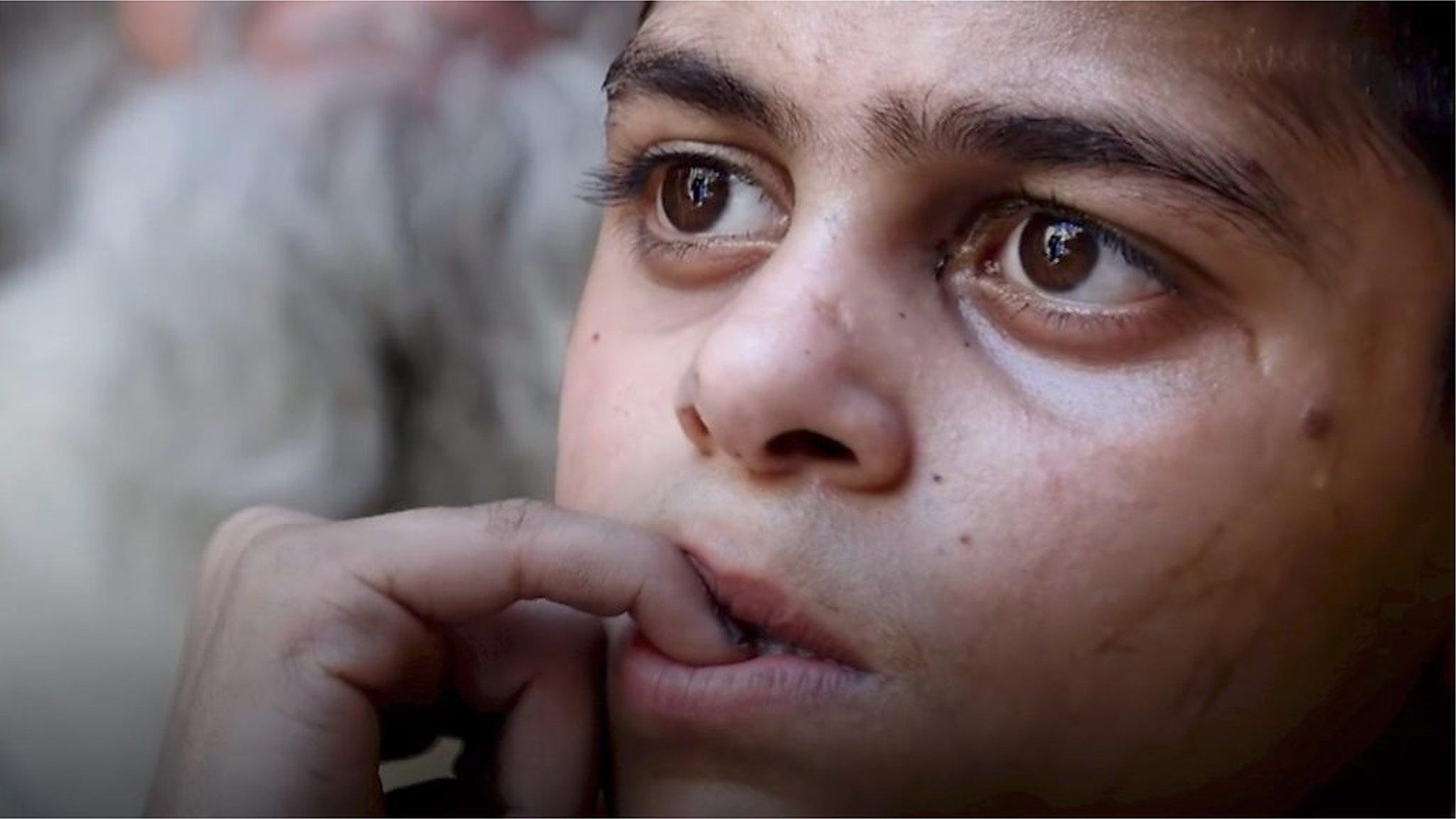
- Published13 September 2023
